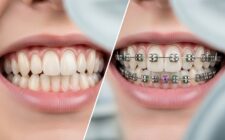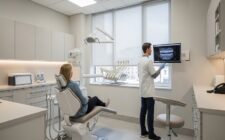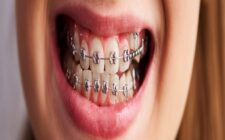The expression “more fear than harm” generally describes surgeries to extract a patient’s 4 wisdom teeth quite well. However, it is true that it can be more complex to eat after the extraction of these.
In order to avoid any complications and speed up the patient’s recovery, it is however possible to adopt a diet that will promote his recovery.
THE IMPORTANCE OF CONSUMING NUTRITIOUS FOODS AFTER WISDOM TEETH EXTRACTION
Before even thinking about the challenge that chewing can represent following wisdom tooth extraction, it is important to know that it is essential to continue to consume nutritious foods following this surgery . Indeed, maintaining a balanced diet has several advantages for a patient whose wisdom teeth have just been removed. Healthy eating minimizes the risk of complications, helps reduce swelling, and aids the process of wound regeneration.
That is why the foods eaten after wisdom teeth extraction should be rich in vitamins, minerals and protein in order to promote healing. These will also provide the nutrients and energy necessary for rapid healing.
SOME FOODS TO PRIORITIZE AFTER REMOVING THE 4 WISDOM TEETH
Obviously, in the hours following wisdom tooth extraction, some foods are easier to consume than others, especially those with a soft or watery texture.
For example, it is interesting to vary between different soups and broths, avoiding that they are boiling. Consuming avocados, bananas, eggs, humus, yogurt, oats, and cottage cheese can also be an integral part of a vitamin-rich post-operative diet. Salmon is also recommended, as it is a good source of protein. All of these soft, healthy foods not only promote recovery, but also help prevent pain that certain harder foods might cause.
FOODS TO AVOID AFTER WISDOM TEETH EXTRACTION
In the days following wisdom tooth extraction, it is important to avoid foods whose consumption could interfere with wound healing.
First, it’s best to avoid spicy foods. These could cause pain or irritation.
Then, crunchy foods should also be avoided, because they can get lodged directly in the lesions and thus increase the risk of infection. Finally, the majority of foods that are difficult to chew or that are too hot should be banned from the patient’s diet during the healing period.




